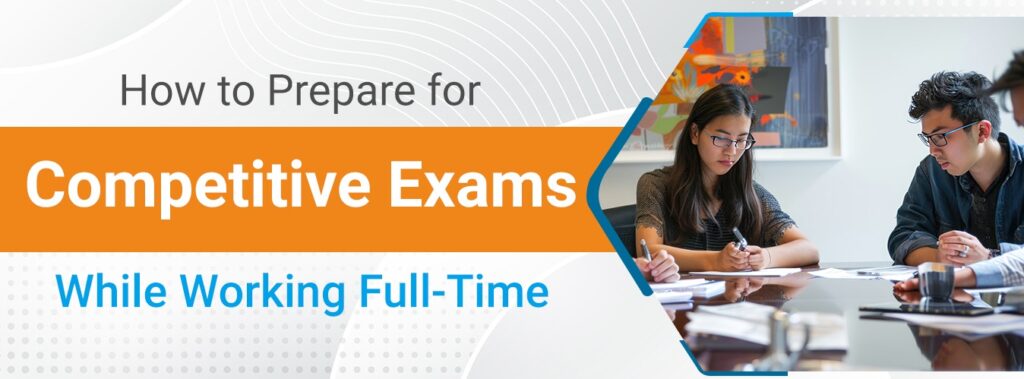When preparing for competitive exams, students often face a common question: Should I rely on self-study, or should I join a coaching institute? Both methods have their benefits, but what works best depends on your personal preferences, learning style, and goals. Let’s explore the advantages and disadvantages of both self-study and coaching.
Advantages of Self-Study
- Flexible Schedule: One of the biggest advantages of self-study is flexibility. You can create your study plan, decide when to study, and take breaks whenever you need. This is ideal for students who have other commitments like school, college, or part-time jobs.
- Learn at Your Own Pace: With self-study, you can focus on the topics you find difficult and spend less time on subjects you’re already good at. There’s no pressure to keep up with the pace of a classroom.
- Saves Money: Self-study is a budget-friendly option. You don’t have to pay for coaching fees, and you can use free or affordable online resources like study apps, videos, and practice papers.
- Builds Independence: By studying on your own, you develop self-discipline, problem-solving skills, and time management abilities. These are important skills not only for exams but also for your future career.
Disadvantages of Self-Study
- Lack of Guidance: Without a teacher or mentor, you might struggle to understand difficult concepts or make mistakes in your preparation. It can be hard to know if you’re on the right track.
- No Group Learning: Studying alone means you miss the chance to learn with others or discuss doubts in a group. Talking with classmates can help clear up confusion and keep you motivated.
- Low Motivation: Self-study requires a lot of discipline. It can be easy to lose motivation, especially if you’re facing a tough topic or not seeing progress.
Benefits of Coaching
- Expert Guidance: Coaching institutes have experienced teachers who can explain complex topics, provide study tips, and guide you through the exam process. They often know the exam patterns and key areas to focus on.
- Structured Learning: Coaching institutes offer a fixed schedule, study materials, and regular tests. This structured approach keeps students on track and ensures they cover the entire syllabus before the exam.
- Group Support: In a coaching class, you learn with other students preparing for the same exam. Group discussions, test competitions, and shared resources can improve your understanding and keep you motivated.
- Mock Tests and Feedback: Most coaching institutes regularly conduct mock tests that simulate the actual exam. These tests help you practice under time pressure and give feedback on areas where you need improvement.
Drawbacks of Coaching
- Fixed Schedule: Coaching classes follow a strict schedule, which might not be convenient for everyone. If you miss a class, it can be hard to catch up.
- High Costs: Coaching can be expensive. Some institutes charge high fees, which may not be affordable for everyone.
- One-Size-Fits-All Approach: In coaching classes, teachers follow a general curriculum that may not cater to your strengths or weaknesses.
Conclusion
The choice between self-study and coaching depends on your learning style, budget, and commitment. If you are disciplined, motivated, and prefer flexibility, self-study can work well for you. However, if you need structured guidance, expert help, and group support, joining a coaching institute may be the better option.
Ultimately, both methods have helped students achieve their goals. The key is to choose the one that suits you best and stay consistent with your preparation.
If you are looking for an ideal competitive coaching in Kolkata, then Wide Globe Academy is the perfect choice for you. They offer a complete and structured approach to help students succeed in various exams like SSC, Banking, Railways, Police, and more. Contact us today at 93316-47704 or visit https://wideglobeacademy.com




